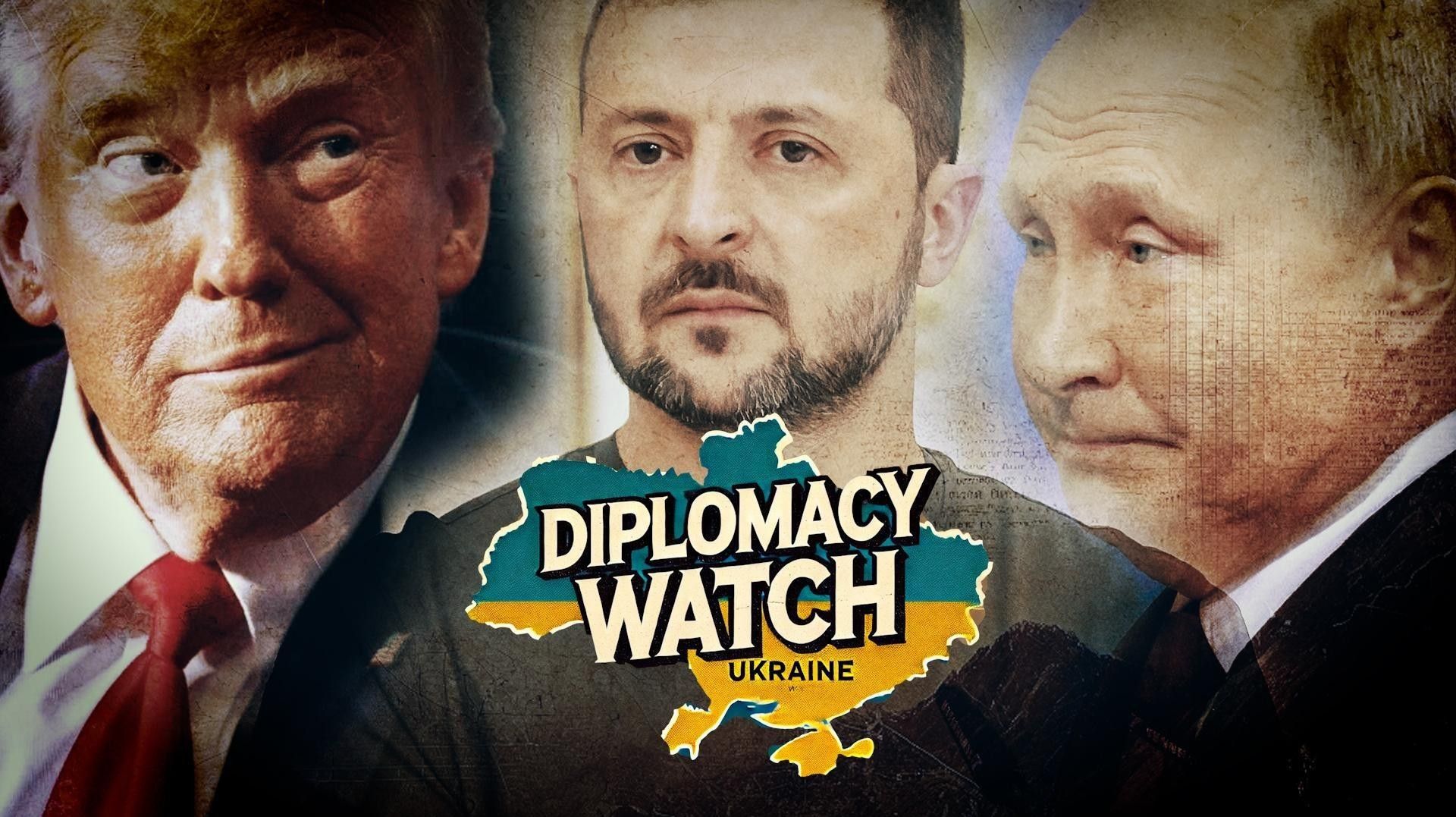Any day now, Russia is expected to complete its takeover of Pokrovsk, a city in Ukraine’s Donbas region that was once home to 60,000 people. The looming capture could have serious implications for the future of the war, depending on how, exactly, Ukraine chooses to take the loss.
One option for Kyiv is to carry out a rapid retreat to stronger positions outside the city, which long ago lost its former importance as a transport hub. Some Ukrainian soldiers are already making this case publicly. “It seems to me that the fate of this city is already decided,” a Ukrainian drone battalion commander told the New York Times. “I see nothing wrong or shameful in pulling our positions back to more advantageous locations.”
Ukrainian President Volodymyr Zelensky, for his part, said Thursday that he had authorized local commanders to retreat if necessary. But there is no evidence yet that Ukrainian forces are taking this escape route.
Instead, Kyiv now appears ready to dig in its heels and fight until the last possible moment, as it did in Bakhmut in 2023. While such a move would show resolve on the part of Ukrainian leaders, it would also likely lead to massive losses of soldiers and equipment, according to Anatol Lieven, the director of the Eurasia program at the Quincy Institute, which publishes RS.
These losses could be “more significant than the fall of the town itself” on both a practical and psychological level, Lieven said. Three and a half years into its full-scale war with Russia, Ukraine is facing shortages in both military equipment and the manpower needed to keep it running. A bloody last stand at Pokrovsk would further sap these finite resources and could lead to “recriminations” in Ukraine, according to Lieven, who noted that many Ukrainian analysts chided Kyiv for having “thrown away a lot of Ukrainian lives unnecessarily” in Bakhmut.
Such a disaster could represent a turning point in Russia’s campaign to take the Donbas — or at least a major shot in the arm to Russian forces there. “It'll certainly be a boost for Putin and the regime,” Lieven said. “It will restore Russian morale, which was beginning to falter a bit.”
This shift would further reduce Russia’s incentive to come to the negotiating table in the near term. Russian President Vladimir Putin appears to have decided that he “simply has to get a hold of the Donbas in order to declare victory,” Lieven argued, citing conversations with officials in Moscow and Washington. And he’d prefer to achieve that goal at the negotiating table, judging at least by his recent offer of a ceasefire in exchange for Ukraine ceding the 22% of the Donbas that it still holds.
Ukrainian President Volodymyr Zelensky rejected that proposal out of hand and made clear that he wouldn’t give up the Donbas without a fight. And he had strong incentives to do so. As Lieven explained, the army would likely “refuse to obey” an order to simply withdraw from the region. But Zelensky’s refusal, combined with a Ukrainian disaster in Pokrovsk, could well convince Putin that his only path to taking the entire Donbas is through military force — and that time is on his side.
Put simply, Zelensky and his military commanders are now left with a difficult choice: either retreat and live to fight another day, or double down and risk handing Putin a significant victory. All available evidence suggests that they’ll take the latter.
In other news related to the war in Ukraine:
—Two ministers in Zelensky’s cabinet resigned Wednesday after an investigation revealed that Ukrainian officials had received nearly $100 million in kickbacks from energy companies seeking contracts with the government, AP News reported. The scandal has taken on particular salience in Ukraine due to the fragility of its energy sector, which has suffered throughout the war because of Russia’s repeated attacks on Ukrainian electricity infrastructure. Zelensky himself risks getting caught up in the controversy, which has already ensnared several of his closest allies and which comes only months after he sought to reduce the autonomy of Ukraine’s anti-corruption watchdogs.
—Kremlin spokesperson Dmitry Peskov warned Ukraine that “sooner or later it will have to negotiate” and that Kyiv’s position will “deteriorate day by day,” Reuters reported. Meanwhile, Russian Foreign Minister Sergey Lavrov called for further talks on ending the war in Ukraine, adding that he is “ready to hold face-to-face meetings” with Secretary of State Marco Rubio.
—President Donald Trump agreed to grant Hungary a one-year exemption from U.S. sanctions on Russian oil companies following a meeting with Hungarian Prime Minister Viktor Orban, according to the BBC. The decision removes significant pressure on Hungary, which still gets much of its oil and gas from Russia, but it could generate frustration among states that have not received exemptions, like India.
U.S. State Department news:
At a Wednesday press conference, Rubio confirmed that the U.S. and Russia are holding some discussions related to the expiration of the New START Treaty, which caps the size of each country’s deployed nuclear arsenals. But he declined to specify the nature of those talks, saying only that “we have communications with the Russians [...] every day.”
- Russia races for Ukranian mineral wealth before a potential ceasefire ›
- Trump's terms for Russia-Ukraine on the right course for peace ›
- A Trump offer that Putin cannot refuse | Responsible Statecraft ›
- Trump's '28-point plan' for Ukraine War provokes political earthquake | Responsible Statecraft ›
















